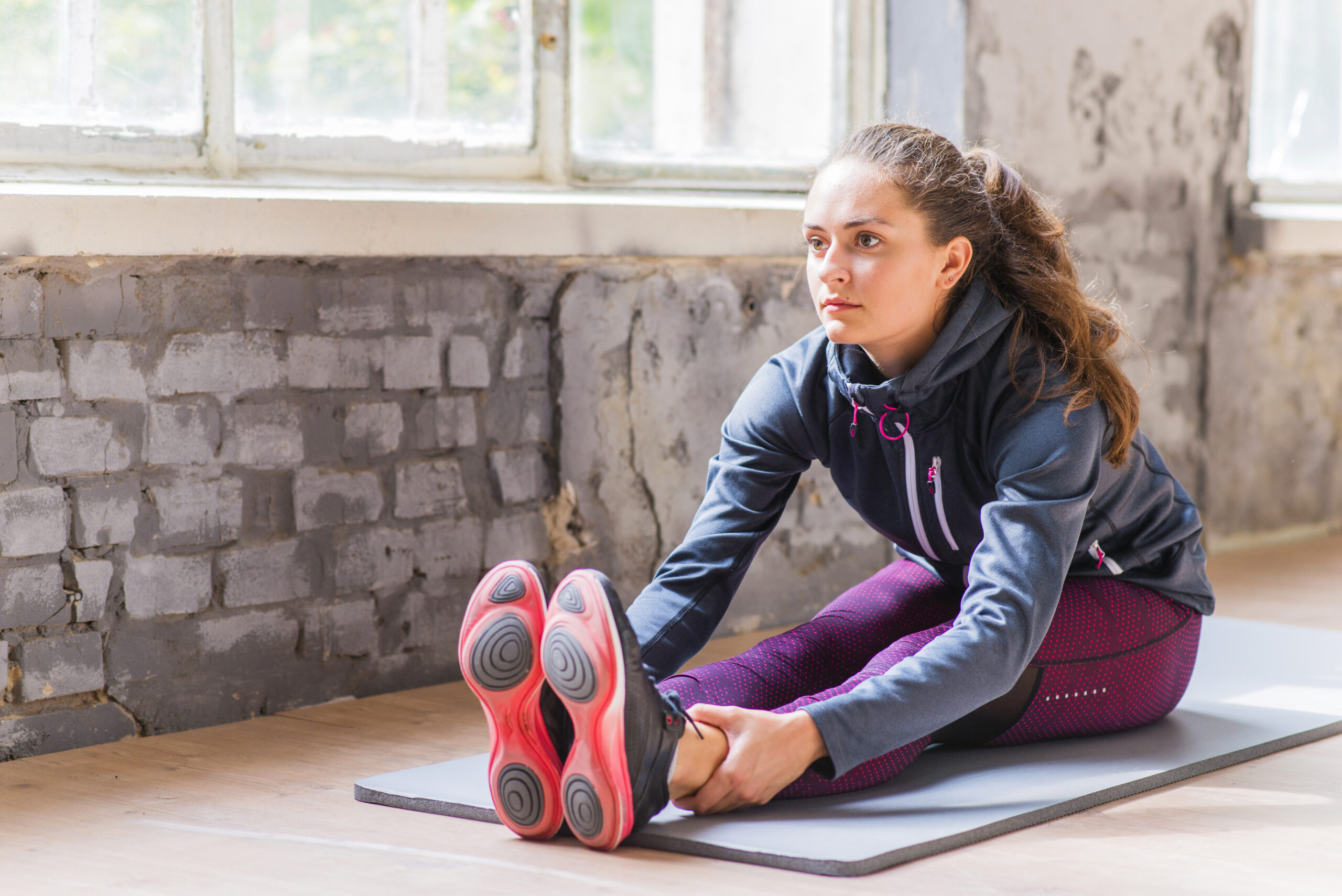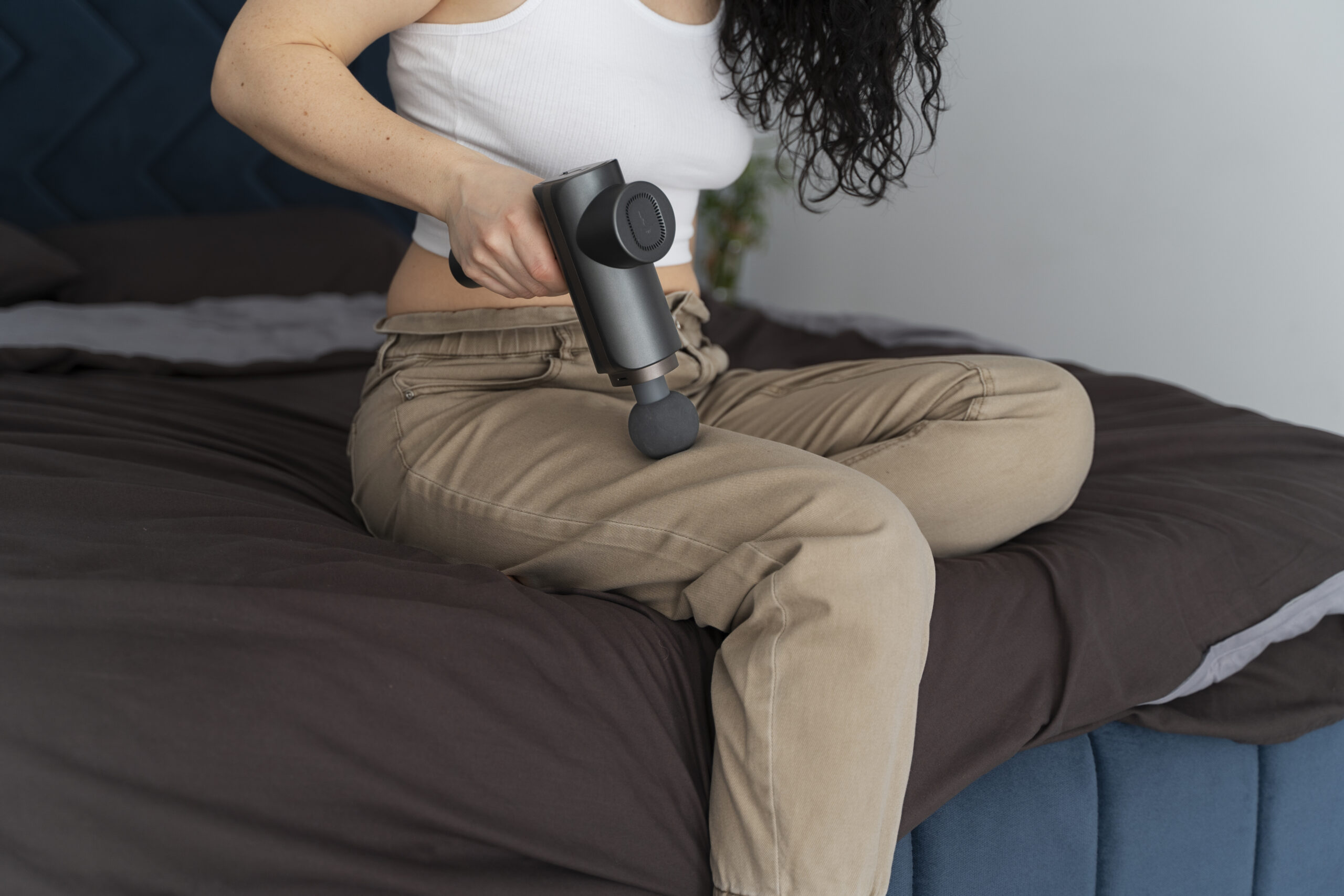Pregnancy brings remarkable changes to a woman’s body, supporting the growth and development of a new life. Along with the excitement, many women experience various discomforts, including cramps. Muscle cramps, particularly in the legs and abdomen, are common during pregnancy and can vary in intensity from mild to severe. Understanding the causes, symptoms, and safe preventive measures for pregnancy-related cramps is essential for managing this common pregnancy experience.
Causes of Pregnancy-Related Cramps
1. Hormonal Changes
- Progesterone’s Role: Progesterone is an essential hormone that increases significantly during pregnancy, helping to maintain the uterine lining and prevent premature labor. However, progesterone can also relax blood vessels, contributing to poor circulation in the legs, which can lead to muscle cramps.
- Hormone-Induced Softening of Tissues: Pregnancy hormones also cause ligaments and tissues to soften and stretch, which can lead to discomfort and cramping in the pelvis and abdomen as the body adjusts to accommodate the growing baby.
2. Increased Blood Volume and Pressure on Blood Vessels
- Pressure on Blood Vessels: As the pregnancy progresses, the uterus expands, applying pressure on veins, especially those in the lower extremities. This compression can slow blood circulation in the legs, contributing to cramping, particularly in the third trimester.
- Increased Blood Volume: To meet the needs of the baby, blood volume increases by nearly 50% during pregnancy, which can put a strain on veins and contribute to pooling of blood, increasing the risk of cramps.
3. Mineral Deficiencies
- Calcium, Magnesium, and Potassium Deficiencies: Pregnancy demands higher levels of nutrients, including calcium, magnesium, and potassium. When levels of these essential minerals are low, muscles are more prone to spasms and cramps.
- Imbalance from Supplements: Some prenatal vitamins, particularly iron supplements, may interfere with the body’s absorption of other minerals, potentially leading to deficiencies that increase the risk of cramps.
4. Dehydration and Electrolyte Imbalance
- Importance of Hydration: Water is crucial for maintaining electrolyte balance and facilitating cellular function, both essential for muscle health. Dehydration can increase the risk of cramps as muscles are more likely to spasm without adequate water intake.
- Electrolyte Imbalance: When the body lacks essential electrolytes, especially potassium and magnesium, the risk of muscle cramps increases. Electrolytes help muscles relax after contractions, so an imbalance can lead to cramps.
5. Physical Strain and Weight Gain
- Weight of the Baby: As the baby grows, the added weight puts strain on muscles, particularly in the lower back, abdomen, and legs, leading to cramping.
- Body Mechanics and Posture: The body’s center of gravity shifts with the expanding belly, often leading to a change in posture. This can cause muscle fatigue and cramping, particularly in the legs and lower back.
Types of Cramps Common in Pregnancy
- Leg Cramps: Usually occur at night and are most common in the second and third trimesters.
- Abdominal Cramps: Often felt as mild stretching or pulling, especially as ligaments stretch to accommodate the growing uterus.
- Back Cramps: Resulting from the added weight and shifting posture.
- Braxton Hicks Contractions: Known as “false labor,” these contractions are irregular and usually painless, causing mild cramping as the body prepares for labor.
Preventing Cramps During Pregnancy
Preventive measures focus on lifestyle adjustments and gentle interventions that help maintain muscle health and circulation.
1. Stay Hydrated
- Daily Water Intake: Aim for at least 8-10 glasses of water per day, as hydration is essential for muscle function and overall health.
- Add Electrolytes When Needed: For those experiencing frequent cramps, electrolyte drinks can help replenish lost minerals, though these should be consumed in moderation due to potential high sugar content.
2. Incorporate Prenatal Vitamins Wisely
- Focus on Calcium and Magnesium: Prenatal vitamins should include adequate amounts of calcium and magnesium, which support muscle relaxation.
- Discuss with a Healthcare Provider: If cramps are frequent, a healthcare provider may recommend additional supplements or adjustments to prenatal vitamins to balance nutrient intake.
3. Keep a Healthy Diet Packed with Essential Nutrients
- Potassium-Rich Foods: Include bananas, oranges, and leafy greens, which support muscle health.
- Calcium Sources: Dairy products, fortified plant milks, and green vegetables provide calcium, essential for muscle function.
- Magnesium Intake: Nuts, seeds, and whole grains are excellent sources of magnesium.
4. Gentle Stretching and Exercise
- Daily Leg Stretches: Simple leg stretches before bed can help relax the muscles and prevent night-time cramps.
- Prenatal Yoga: Yoga can enhance flexibility, support circulation, and reduce cramping through gentle, safe movements.
- Walking and Swimming: Both are low-impact exercises that support blood flow, muscle health, and overall fitness during pregnancy.
5. Sleep Position and Comfort
- Sleep on the Left Side: This position helps improve blood flow to the lower extremities and can reduce pressure on the veins, potentially minimizing leg cramps.
- Use Pillows for Support: Placing a pillow between the legs can help align the body and reduce strain on the hips and legs.
6. Practice Good Posture
- Avoid Crossing Legs: Crossing the legs can restrict blood flow and contribute to cramping.
- Supportive Shoes: Opt for flat, supportive shoes that help distribute body weight and prevent strain on the muscles in the legs and back.
Safe Treatments for Pregnancy-Related Cramps
When cramps occur despite preventive measures, there are safe methods to relieve them:
1. Massage and Warm Compresses
- Gentle Massage: Massaging cramped muscles can help stimulate blood flow and relieve tension.
- Warm Compress: Muscles in the affected area can be relaxed by using a warm compress. Be cautious not to use high heat, especially on the abdomen.
2. Elevate Legs for Circulation
- Prop Up Feet: Raising the legs on a pillow can help reduce swelling and improve circulation, which may prevent leg cramps, especially at night.
- Rotate Ankles and Flex Feet: Flexing and rotating the ankles before bed can help relax the calf muscles and prevent nocturnal cramps.
3. Magnesium Supplements
- With Doctor’s Approval: In some cases, doctors may recommend magnesium supplements to relieve muscle cramps. Magnesium supports muscle relaxation and may reduce the frequency of cramps, particularly at night.
4. Stay Active
- Light Activity During the Day: Regular movement supports circulation and helps relieve muscle tension. Simple activities like stretching, gentle walking, and yoga can be highly effective for reducing cramps.
5. Breathing Exercises
- Practice Deep Breathing: Breathing exercises can help relax the body and may reduce cramping by lowering stress levels, which is beneficial for overall health and muscle relaxation.
When to Consult a Healthcare Provider
While muscle cramps are common during pregnancy, some symptoms should be assessed by a healthcare provider:
- Persistent or Severe Cramping: Continuous or sharp pains that do not go away with rest or hydration may indicate complications.
- Bleeding or Swelling: Cramping accompanied by bleeding or significant swelling requires immediate attention.
- Difficulty Walking or Severe Leg Pain: This may indicate a blood clot or other circulatory issues.
Conclusion
Pregnancy cramps are a common experience, especially as the body undergoes significant changes to support the growing baby. Understanding the causes, symptoms, and preventive strategies can help pregnant women reduce the frequency and severity of cramps, contributing to a more comfortable pregnancy. By focusing on hydration, balanced nutrition, regular stretching, and adequate rest, it is possible to manage pregnancy-related cramps effectively. Always consult a healthcare provider if cramps are persistent or accompanied by other concerning symptoms, ensuring a safe and healthy pregnancy journey.



